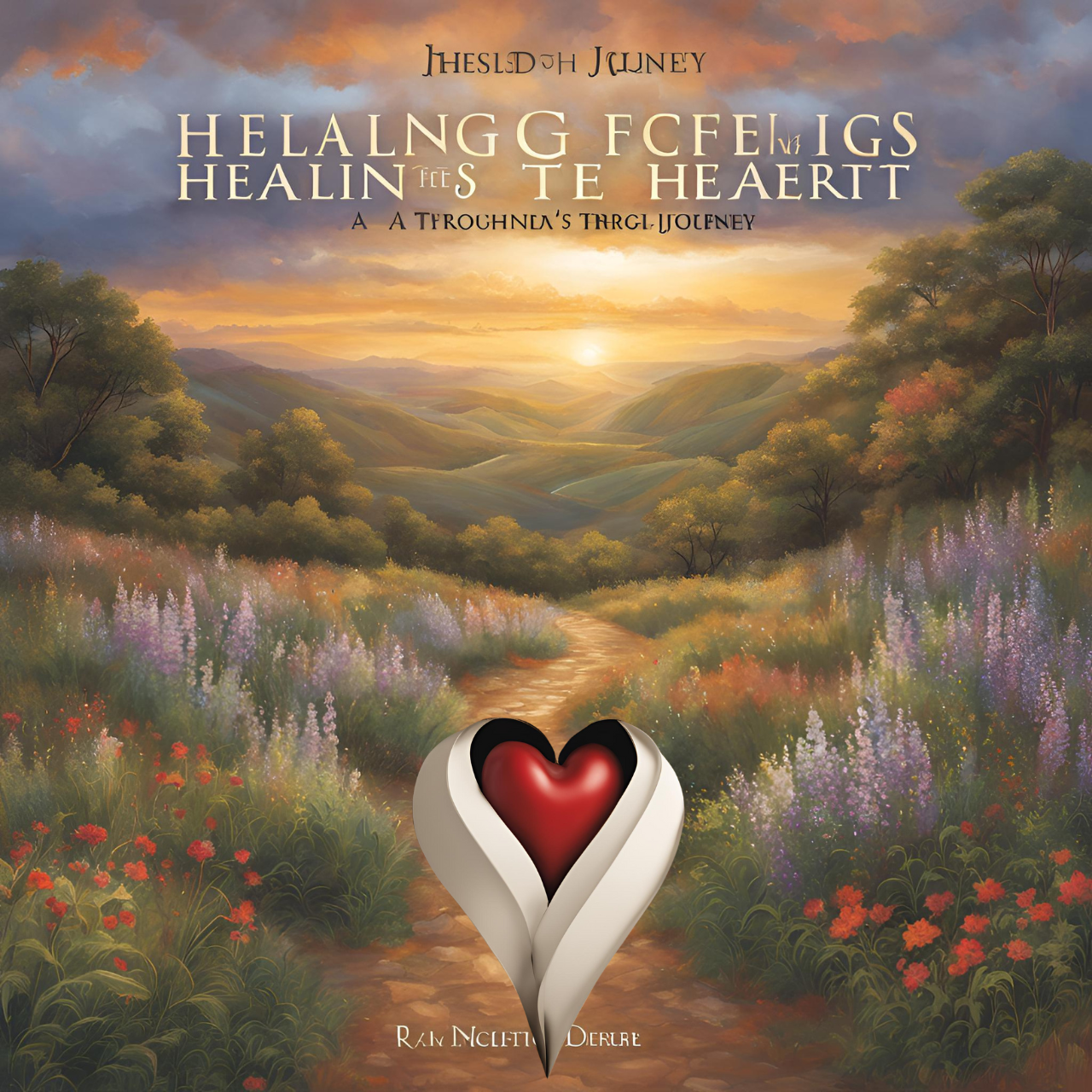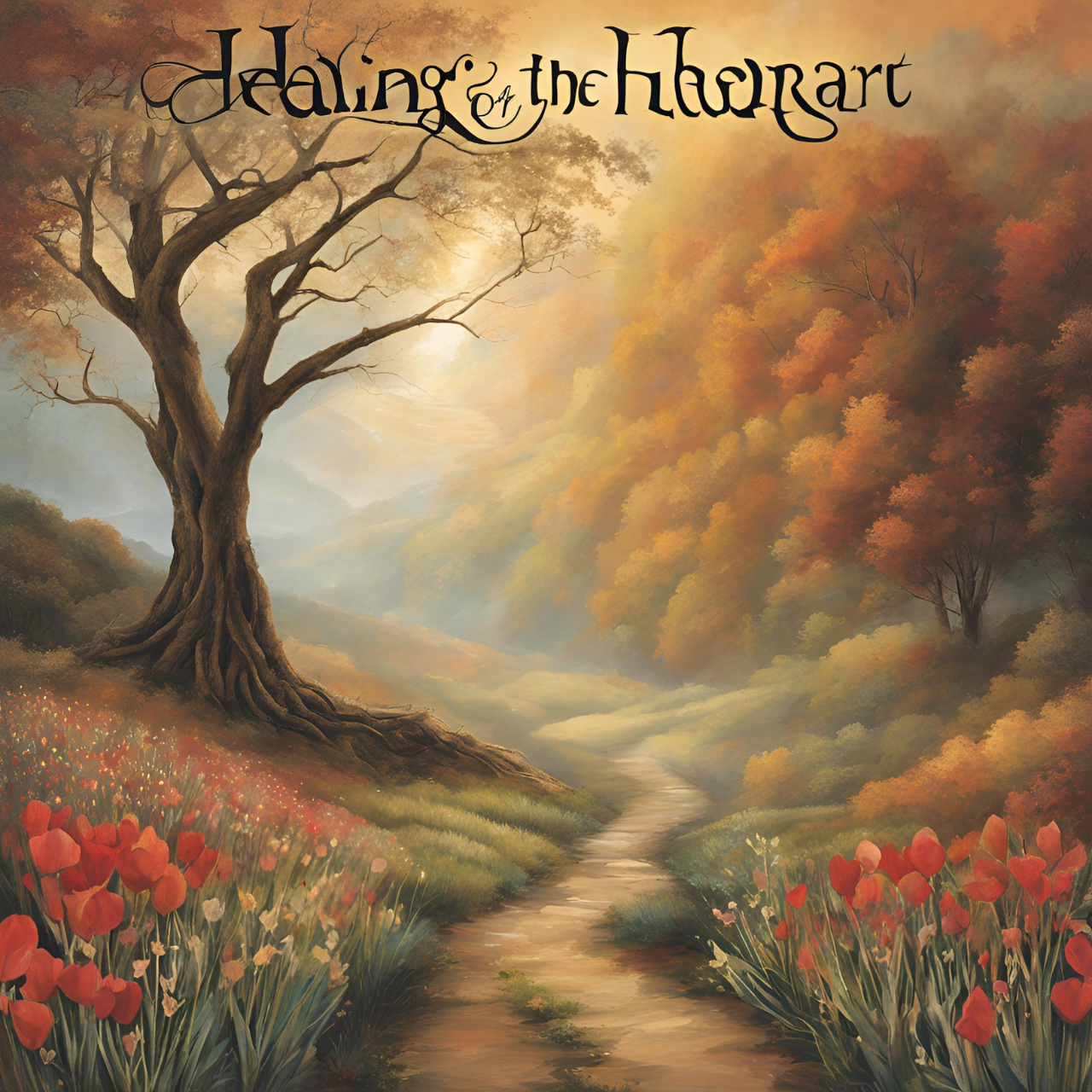
Grief, a universal human experience, can be particularly challenging for Christians. While faith offers a profound source of comfort, the emotional pain can still be overwhelming. Let’s explore how to navigate this journey with hope and resilience.
Understanding Grief: A Complex Emotion
Grief is a natural response to loss. It’s complex, multifaceted, and varies from person to person. For Christians, grief can be intertwined with questions of faith, purpose, and God’s sovereignty. Sarah lost her husband unexpectedly. While her faith provided solace, she also experienced deep anger and confusion, questioning why this happened to her.
The Role of Faith in Grief
Faith can be a powerful anchor during times of loss. It offers hope, perspective, and a sense of connection to something larger than ourselves. David’s son passed away from a terminal illness. His faith in God’s ultimate plan helped him find peace amidst his sorrow. He found comfort in the promise of eternal life and the belief that his son was in a better place.
Grieving with Others: The Power of Community
Sharing grief with others can be incredibly healing. Support groups, church communities, and close friends can offer empathy, understanding, and practical help. A grief support group helped Emily process her feelings of loss after losing her mother. Connecting with others who were experiencing similar pain provided a sense of belonging and helped her realize she was not alone.
Finding Hope Amidst Sorrow
While grief is a painful process, it’s important to remember that hope can emerge even in the darkest of times. Hope can be found in memories, faith, and the anticipation of a future reunion. After losing her child, Maria found hope in creating a memorial garden. It became a place of solace and a symbol of her child’s life.
Practical Tips for Healing
Allow yourself to grieve: Don’t suppress your emotions.
Seek professional help: Counseling can provide valuable tools for coping.
Practice self-care: Prioritize physical and emotional well-being.
Spend time in nature: Nature can be a source of peace and renewal.
Create a memorial: Honoring your loved one can be healing.
Conclusion
Grief is a journey, not a destination. There is no right or wrong way to grieve. It’s important to be patient with yourself and allow the process to unfold at its own pace. Remember, you are not alone. With faith, support, and time, healing is possible.

